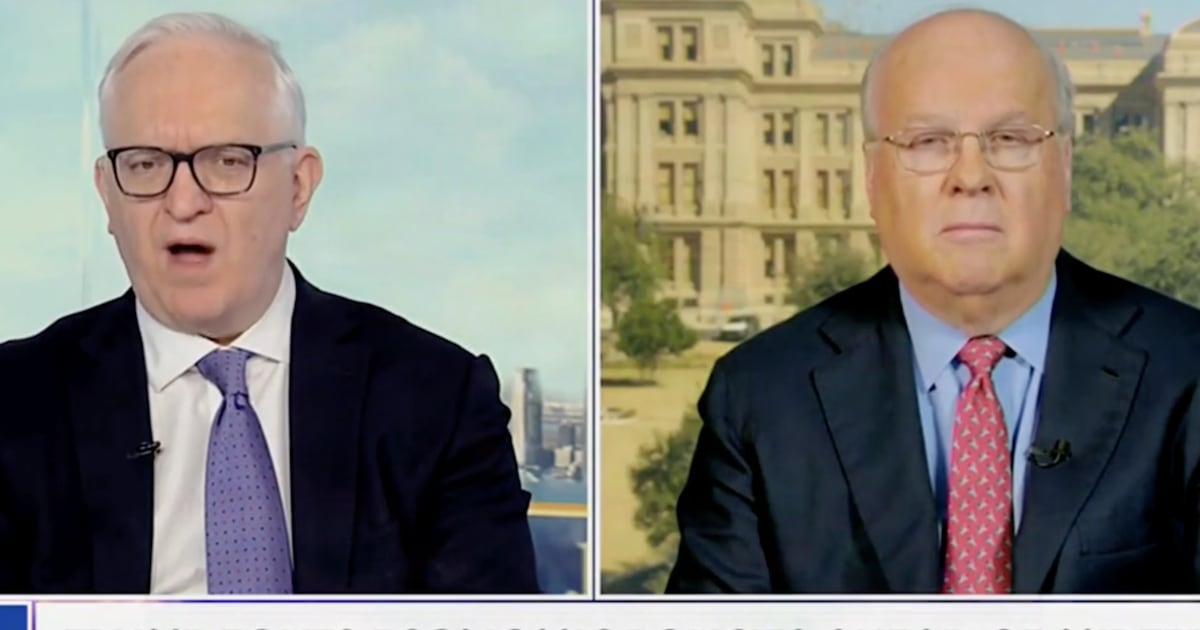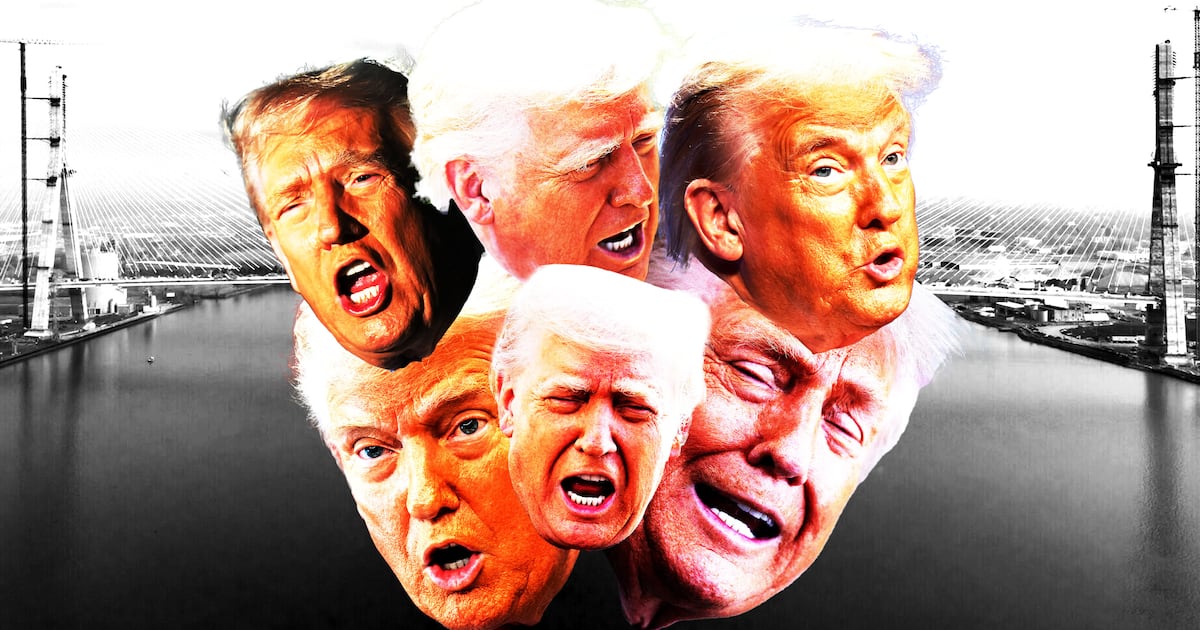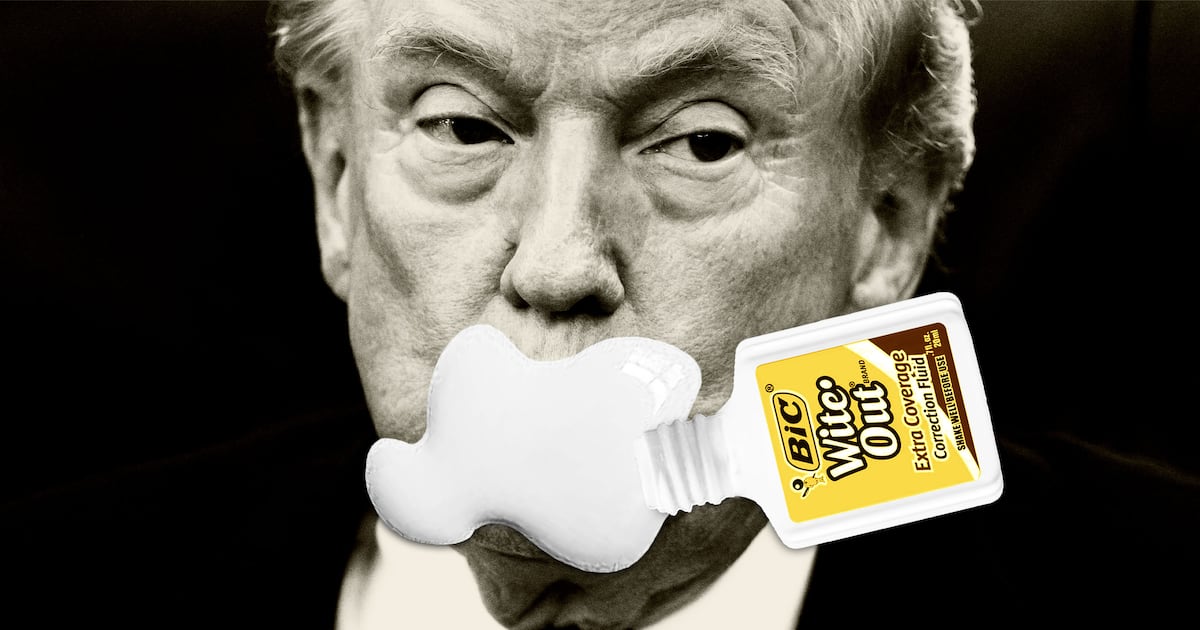Conservatives hate the Export-Import Bank. The government agency, which provides loans for countries and companies purchasing American exports, is nothing but a “crony capitalist slush fund for corporate welfare,” they say. But it wasn’t always so.
A dozen years ago, many Republicans were supporters of the Ex-Im Bank. At that time, being pro-business, and supporting business subsidies like the bank, was a safe posture within the party. Today the increasingly libertarian conservative grassroots, in their push for smaller government, have no tolerance for such stands. The new conservative opposition to the bank illustrates a deeper cultural shift taking place on the right, especially the rise of anti-corporate, anti-establishment sentiment led by the Tea Party.
And the Ex-Im Bank—unlike large social programs that are more popular with many voters—is a targetable agency that has become a symbol of unacceptable corporate welfare for conservatives in recent years.
“There’s an old guard, and there’s a newer guard, and there’s a transition under way. Parties over time always evolve,” said the Heritage Foundation’s Diane Katz, who has written in opposition to the Ex-Im Bank. “There is sentiment against corporate welfare, and this is a ‘doable’ target [for elimination].”
The Club for Growth, Heritage Action, and other organizations on the right are mobilizing against the reauthorization of the Ex-Im Bank. Supporters, meanwhile, believe the bank is necessary to counter foreign government subsidies. Without congressional action, the bank’s authority to act will end in September.
Momentum built further against the agency Sunday, when new House Majority Leader Kevin McCarthy said he was willing to let the bank’s authority expire this fall. McCarthy had previously voted to reauthorize the bank’s charter in 2012.
“It’s something that the private sector can be able to do,” McCarthy said on Fox News Sunday. “One of the biggest problems with government is they go and take hard-earned money so others do things that the private sector can do...I think Ex-Im Bank is…something government does not have to be involved in. The private sector can do it."
The shifting grassroots attitudes about the bank have left the leadership of the conservative group Club for Growth looking inconsistent. As an organization, it has always been against the bank. But the group’s current and past presidents have a murkier record.
In the past, President Chris Chocola had profitable dealings with the Ex-Im Bank, which provided loans to customers in Venezuela and Kazakhstan to purchase equipment manufactured by his family business. In 2002, the family business, CTB International, was purchased by Warren Buffett’s Berkshire Hathaway in a deal that yielded millions of dollars for the Chocolas. That same year, Chocola used part of his fortune to finance a run for Congress.
This hasn’t stopped Chocola from vocally opposing the bank’s reauthorization, however. Last year, he called the Ex-Im Bank “a slush fund for market-distorting subsidies that pick winners and losers in the private sector.” And the Club for Growth has pledged to include any future vote on reauthorizing the bank on its powerful legislative scorecard, which ranks the conservatism of lawmakers.
The Club for Growth insists that Chocola’s past record doesn’t detract from the credibility of the organization’s opposition to the bank.
“The Club for Growth has always opposed export subsidies, and we will continue to do so long after Chris Chocola is no longer president of the Club for Growth,” said Barney Keller, a spokesman for the group. Referring to Chocola’s record, said Keller, is “the type of lame argument that supporters of this kind of crony capitalism trot out every year like a small child on the playground (‘He did it first!’).”
Former Club for Growth president and now Sen. Pat Toomey (R-PA) is also a former supporter of the Ex-Im Bank. As a member of the House in 2002, before he became the group’s president, Toomey voted to reauthorize the bank and was present at the presidential signing ceremony for the legislation.
Toomey has apparently since changed his views, pointing out the bank’s flaws and proposing an eventual phase-out of export-financing programs while still maintaining that it is “little harsh” to refer to the bank as just a corporate welfare fund.
“I understand how this has come to be, and I understand why it’s been extended, and I understand why people feel like we have to subsidize our exports because other countries around the world subsidize theirs,” Toomey said in May 2012. He eventually voted against the bank’s reauthorization when it came up in the Senate. Toomey’s office did not respond to a request for comment on the senator’s current views.
Keller, the Club for Growth spokesman, said both Toomey and Chocola’s records on the bank—and their changing opinions on export financing—are positive developments.
“There’s nothing wrong, in our view, with changing your position in our favor,” he said. “Both Pat [Toomey] and Chris [Chocola] also took earmarks. Now they oppose them. It’s a good thing, not a bad thing.”
Republican sentiment is clearly changing, reflecting growing grassroots power and opposition that didn’t exist more than a decade ago. In 2002, the reauthorization overwhelmingly passed a Republican-led House, 344-78. One hundred sixty-six Republicans supported it, with 50 opposed.
Two years ago, conservatives made a more concerted effort to oppose reauthorization: 93 members of the Republican-led House opposed it, even as it eventually passed with broad support. In the Senate, a faction of 19 Republicans opposed reauthorization.
“In 2012, when it was last up for reauthorization, there was some pushback on [the Ex-Im Bank],” Katz explained. “There’s been more attention focused on it, and more of an appetite to get rid of it, because people are recognizing the burden it’s placing on taxpayers.”






